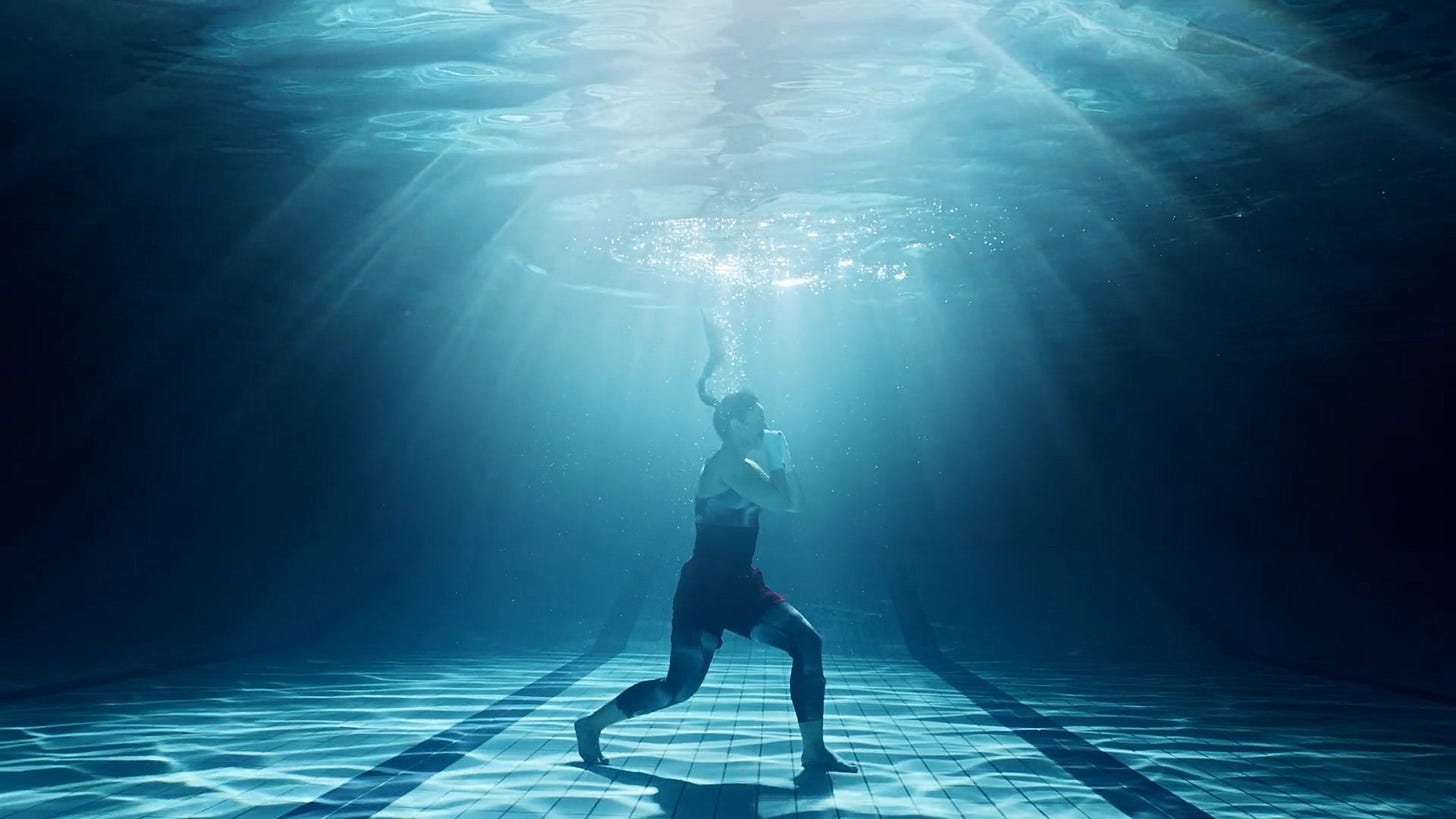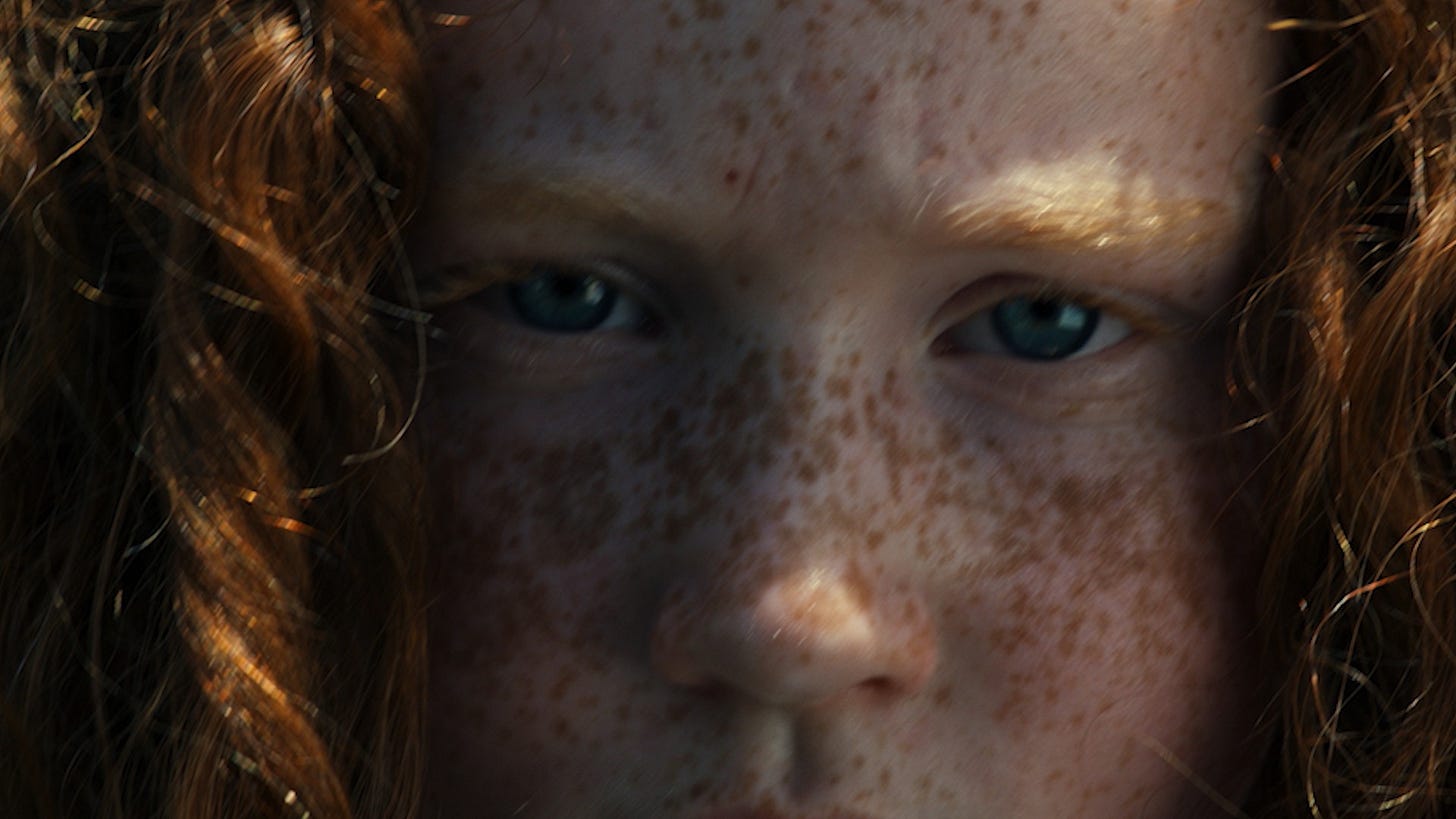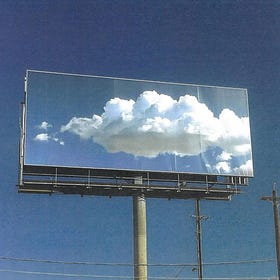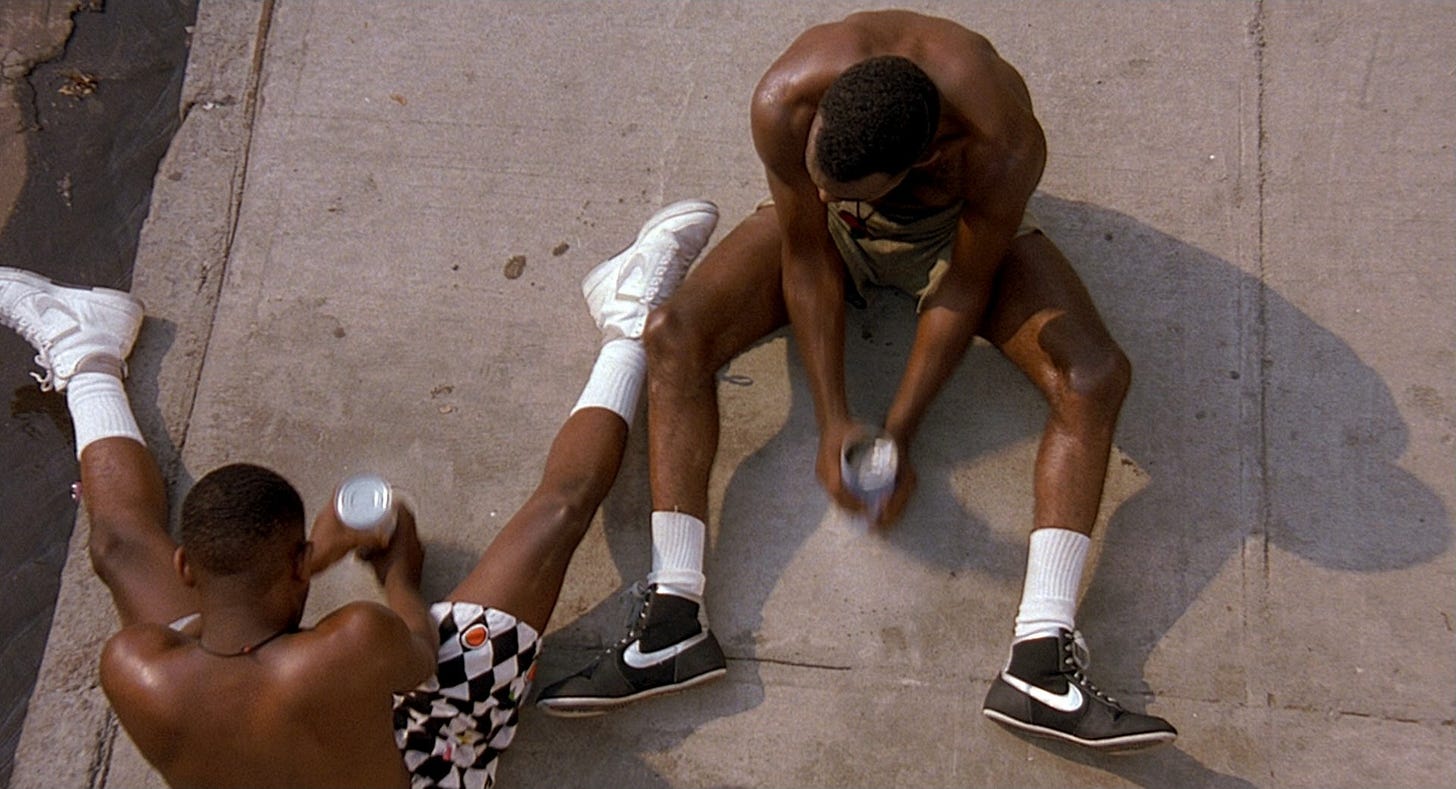Copywriting is a term that gets thrown around and can mean a lot of different things. You can start right now. If you find a client with a website or social media account and write for them, you're a copywriter. And that’s not a bad thing. There are countless clients out there who can benefit greatly from attention to their communication through writing. I’d encourage everyone to do it.
But it also creates a bit of a misconception. Writing copy directly for a client differs from being a copywriter in a creative agency.
If you're considering becoming a copywriter in an agency, you're looking at a long career path. While it’s focused on writing, it goes beyond that. It’s a mix of creative thinking, strategy, and collaboration that you don't always see in the general descriptions of copywriting online.
DEFINING COPYWRITING IN A CREATIVE AGENCY
A lot of people think being a copywriter means writing for channels of communication. Websites, product descriptions, or Instagram captions. And while all of that can be considered copywriting, in a creative agency, you need to be a conceptual thinker. You create ideas, develop brand voices, and work across multiple platforms to bring campaigns to life. You might be working on a script for a TV ad one day and creating the identity for a brand’s new product launch the next. You have to switch gears constantly, adapting to different brands, audiences, and tones.
Your job is to write, but more so to give direction with words. You’re carefully crafting the language that an entire campaign can lean on. It’s writing a script that inspires a director to make a great ad. It’s writing briefs and overseeing campaigns in later stages to make sure the original vision shines through. It’s outlining that one piece of social copy that can be adapted into an entire series. It’s creating a presentation that convinces the client to see the potential in your agency’s services.
This takes a lot of brainpower because you can’t just sit down and write. You need to be prepared for every word to be questioned, and you need to be ready for hour-long conversations about a single word. But it’s also rewarding to see how a few carefully chosen words can evolve into a multi-layered campaign that covers all touchpoints.
On top of that, while a lot of freelance or in-house copywriting roles focus on the voice of a single company, in an agency, you’ll likely need to juggle multiple clients. This means knowing those brands inside and out, understanding their identity so deeply that you can push it forward, reinvent it, and still make it sound authentically like them. And yes, that is a lot of critique before you get it right.
THE CAREER PATH
There’s a big difference between doing copywriting gigs and building a copywriting career. Copywriting gigs are something you can get into pretty quickly with talent and a good network. All you need is a client. But if you’re looking at a copywriting career, especially in an agency, it’s a long road ahead. You’ll likely start as a Junior Copywriter and work your way up to Copy Lead, Creative Director, or even CCO (Chief Creative Officer).
Agencies definitely have a clear hierarchy, even if they say they don’t. If they say they don’t, it just means everyone is really nice and open to hearing fresh ideas. But without that hierarchy, the agency wouldn’t function. A lot of it comes down to experience. Understanding how brands have evolved over the years, navigating the internal politics within companies, knowing the approval processes, and figuring out how to convince specific clients. You have to know when to take risks and when to play it safe, which is all about risk management. These are things you can’t grasp as a junior, and you shouldn’t because your head would explode, and you’d want to quit.
Every level comes with specific expectations. Of course, these vary slightly depending on the type and size of the agency.
JUNIOR/ASSOCIATE COPYWRITER
You’re just starting out, and your main goal is to learn and make mistakes. You’re probably not presenting to clients yet, and you’re still getting familiar with how processes work both within the agency and externally with clients. You’re closely supervised on pretty much everything.
But that doesn’t mean expectations are low. In fact, there’s a lot of pressure on you to bring fresh, daring ideas that your senior colleagues can shape into something they know will sell. You should be tapped into culture, and you should challenge ideas. Good creative directors will listen to you because you likely have a better sense of what’s cool and trending. So use that opportunity. Speak up and share your thoughts. But (and here’s a fair warning) also know when to shut up. Getting this balance right can be what helps you advance faster than other junior colleagues.
One other key tip I have for juniors, which I sometimes see them neglect, is to really understand all the roles beyond the creative department. Get to know the process. Make friends with strategists, project managers, account managers, etc. And no, this doesn’t mean you have to be the life of every office party, it means being curious and pushing yourself to show that you’re open to learning. You can do this no matter how shy you are, and trust me, it will pay off 1000%. Ask questions, be curious.
MID-LEVEL COPYWRITER (OFTEN JUST REFERRED TO AS COPYWRITER)
There’s a definite jump in expectations at this stage. You’re now expected to have enough experience to present ideas to clients and sometimes be the sole writer on projects. You’ll be juggling multiple projects at once, which means managing your time and creativity effectively.
On top of that, you’re still expected to stay connected to culture and come up with bold, daring ideas. It’s a challenge because you also need to balance those bold ideas with safer ones that you know will work based on your growing experience. Tough balance. Being daring but also facing more criticism if things don’t work out. The key is believing in yourself, being open to feedback, and always pushing yourself to grow and learn.
Same key tip, but now for a slightly different reason. At this stage, being well-connected in the agency can help you land the client briefs you actually want to work on. If you’re on good terms with a project manager or account manager, they might just ask for you or help you get booked on a specific brief if they know you’re interested. If you’re friends with a strategist, they might bounce ideas off you even before officially briefing you, giving you more input into the strategic direction of the campaign. And, of course, being liked by creative directors is self-explanatory.
It does all sound a bit like a game, but you shouldn’t make it one. Genuinely be interested in people and what they do day to day, be friendly, and talk to people outside the creative department, even when you don’t have to. As a mid-level copywriter, you’re building your portfolio, so do your best to get on the projects you’re excited about. You’re also making connections that go a long way beyond your role at this agency. People always come back (it’s actually scary). Don’t make enemies. Take defeats when you have to, especially if it’s just about a line that won’t matter to you in two years.
In the next post, you’ll get an overview of the roles in an advertising agency. After that, I’ll go more into the role of the copywriter, starting with 5 misconceptions:
COPYWRITING CLASS: OVERVIEW OF ROLES IN AN ADVERTISING AGENCY
Starting out in advertising? First time working with an agency? Or been there for a while and still don’t really know who does what? It took me a while to understand the different roles in an agency. To help, I put together this list of role descriptions, so you don’t need to ask ppl what they do. This just scratches the surface of each role but will give you an idea.











Hello Noam🤗,
My name is Ayesha Hadìq.
I just concluded a Copywriting course with Robin & Jesper.
I wish to get some experience in a freelance Junior Copywriter role with a Fashion company.
Please could you refer me, if you come across any job openings…
Thank you🤗